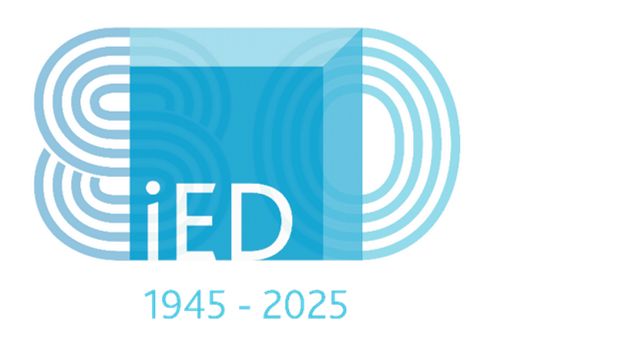Under licence from the Engineering Council, registration is offered at three grades aimed at different levels of experience and expertise. While the grades can be seen as a stepping stone to the next, each grade is also a recognised stage of professional registration in its own right.
Further information can be found here


